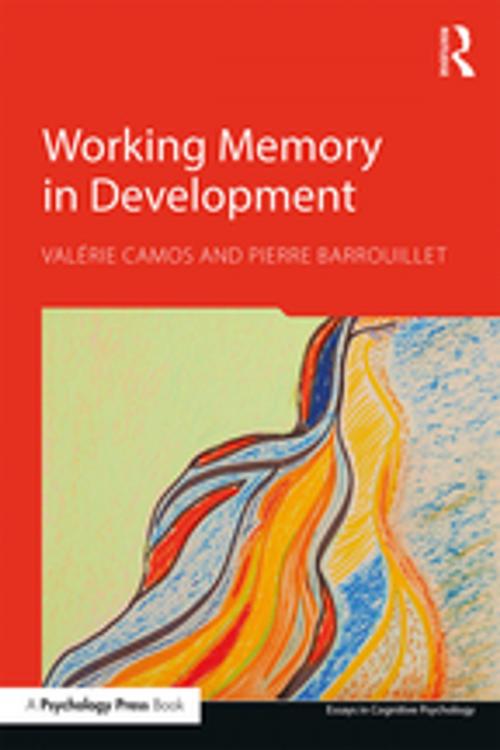Working Memory in Development
Nonfiction, Health & Well Being, Psychology, Developmental Psychology, Cognitive Psychology| Author: | Valérie Camos, Pierre Barrouillet | ISBN: | 9781317338352 |
| Publisher: | Taylor and Francis | Publication: | March 5, 2018 |
| Imprint: | Routledge | Language: | English |
| Author: | Valérie Camos, Pierre Barrouillet |
| ISBN: | 9781317338352 |
| Publisher: | Taylor and Francis |
| Publication: | March 5, 2018 |
| Imprint: | Routledge |
| Language: | English |
Working memory is the system responsible for the temporary maintenance and processing of information involved in most cognitive activities, and its study is essential to the understanding of cognitive development. Working Memory in Development provides an integrative and thorough account of how working memory develops and how this development underpins childhood cognitive development.
Tracing back theories of cognitive development from Piaget's most influential theory to neo-Piagetian approaches and theories pertaining to the information-processing tradition, Camos and Barrouillet show in Part I how the conception of a working memory became critical to understanding cognitive development. Part II provides an overview of the main approaches to working memory and reviews how working memory itself develops across infancy and childhood. In the final Part III, the authors explain their own theory, the Time-Based Resource-Sharing (TBRS) model, and discuss how this accounts for the development of working memory as well providing an adequate frame to understanding the role of working memory in cognitive development.
Working Memory in Development effectively addresses central and debated questions related to working memory and is essential reading for students and researchers in developmental, cognitive, and educational psychology.
Working memory is the system responsible for the temporary maintenance and processing of information involved in most cognitive activities, and its study is essential to the understanding of cognitive development. Working Memory in Development provides an integrative and thorough account of how working memory develops and how this development underpins childhood cognitive development.
Tracing back theories of cognitive development from Piaget's most influential theory to neo-Piagetian approaches and theories pertaining to the information-processing tradition, Camos and Barrouillet show in Part I how the conception of a working memory became critical to understanding cognitive development. Part II provides an overview of the main approaches to working memory and reviews how working memory itself develops across infancy and childhood. In the final Part III, the authors explain their own theory, the Time-Based Resource-Sharing (TBRS) model, and discuss how this accounts for the development of working memory as well providing an adequate frame to understanding the role of working memory in cognitive development.
Working Memory in Development effectively addresses central and debated questions related to working memory and is essential reading for students and researchers in developmental, cognitive, and educational psychology.















